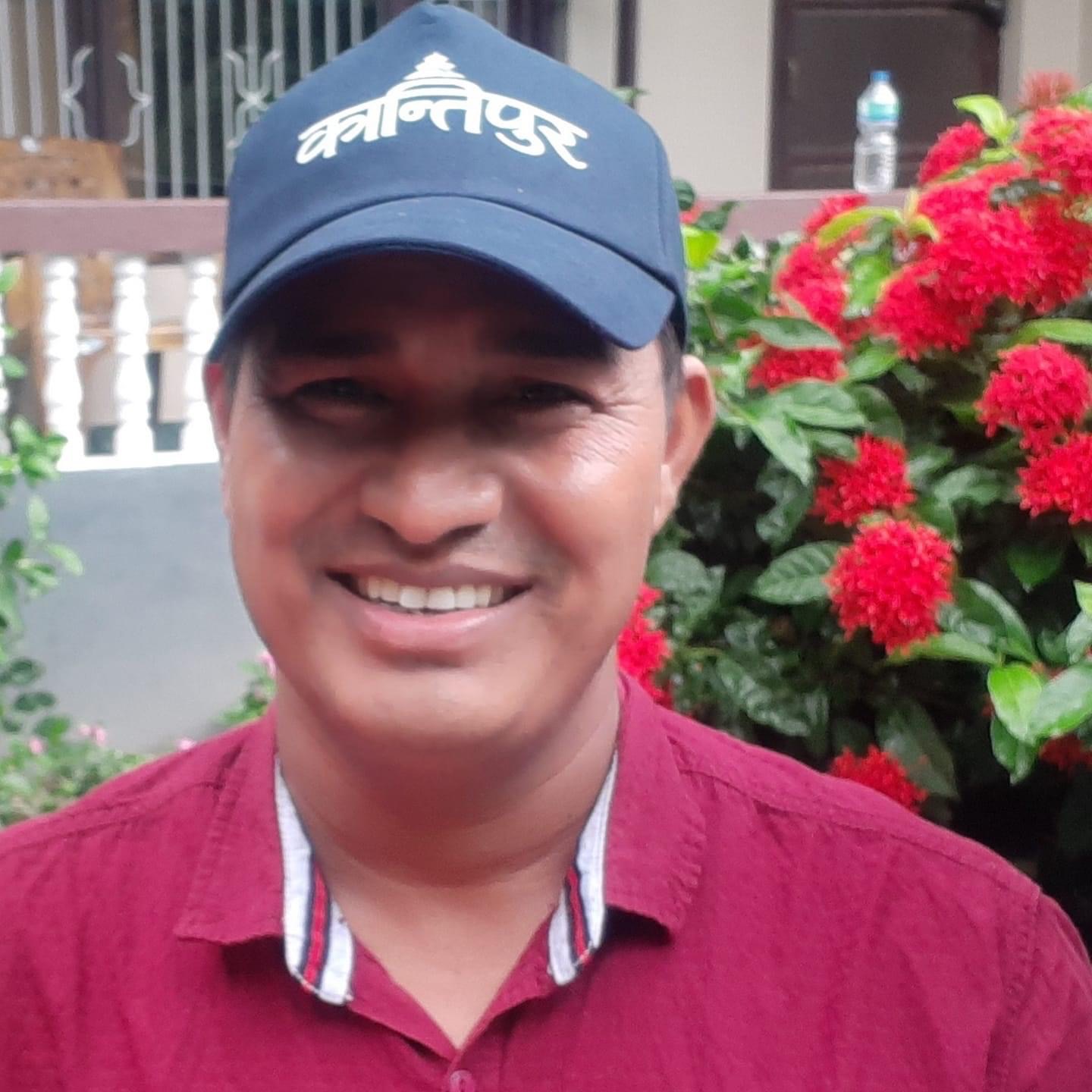Karnali Province
The perilous journey of five Jumla natives from Ambedkarnagar to Surkhet
The government could have facilitated their travel from Rupaidiha but they were left completely neglected, say the returnees..jpg&w=900&height=601)
Kalendra Sejuwal
On Thursday, 51-year-old Sarki Rokaya from Jumla was in a rather subdued mood. He was tired. He had arrived in Surkhet after four days of perilous travel from India. These have been dangerous, painful days, he recalls, days when he subsisted on Parle-G biscuits and instant noodles. He was accompanied by four other men Saurya Rokaya, Bikash Rokaya, Nanda Bahadur Rokaya and Durga Rawat—from the same village in Jumla.
“I didn’t think we would make it alive,” he said.
The five had reached Ambedkarnagar in Uttar Pradesh, India, in late February. Like many other Nepalis, they had been to India to seek work. In Ambedkarnagar, they would sell summer clothes by travelling from place to place. But this year turned out to be different, as the coronavirus pandemic, which has so far killed over 50,000 and infected over a million people, has brought the world to its knees.
When the virus spread across India, Sarki Rokaya and his friends had just settled into the job. It had been a month since they had rented an apartment when the Indian government called for a lockdown in an attempt to curb the spread. The four friends had no job and limited means to survive.
“Amid all this, on Monday morning, a team of Indian security force came to our apartment, threatened us and ordered us to leave for our country,” Sarki Rokaya recalled. “We had no option. We couldn’t even store our goods properly.”
At around noon, they were asked to ride a crowded state-owned bus to Rupaidiya. “The bus was packed with both Indians and Nepalis,” Saurya, who is 32, said. “We arrived in Rupaidiha the next morning before sunrise.”
In Rupaidiha bus park, there were about 150 Nepalis who were ferried like them, all of whom were excited and confused at the same time, Sarki Rokaya said. Excited that they were now near the border of their home country and confused that they didn’t have the permission to pass the border since the lockdown was in place. The Indian security, however, provided them with food for the day.
On Tuesday at midnight, they received an order from the Indian security personnel to get on a tractor. “We were assured they would now take us to Nepal across Rupaidiha border point,” Saurya recalled. “But we were driven to a jungle after an hour-long ride. Then at one point, they ordered us to get off and threatened us at gunpoint to leave.”
Then they travelled across unknown fields and jungles to arrive at the border in Piprahwa, where the police let them leave for Kohalpur.
It was about noon on Wednesday when they reached Kohalpur, from where they left on a bus to Surkhet as managed by the police. But that bus left them at Chhinchu, from where they walked up to Birendranagar in Surkhet and arrived on Thursday morning. They are currently quarantined at a facility in Birendranagar. According to Captain Dayaram Dhakal of Nepali Army, who is in-charge of the facility, they haven’t shown any symptoms of Covid-19 yet.
Saurya said that while they are happy they made it alive, they have grievances regarding the government’s response at home. “The government could have facilitated our travel from Rupaidiya but we were completely neglected,” he said.




 24.47°C Kathmandu
24.47°C Kathmandu















